New survey showing “lukewarm” VR interest among teens underpins Microsoft’s shift from VR to AI
3 min. read
Published on
Read our disclosure page to find out how can you help Windows Report sustain the editorial team. Read more
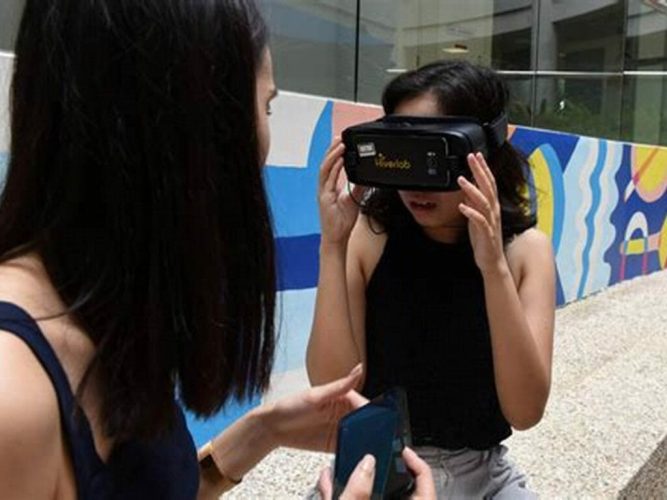
Early made bets on virtual reality by many tech companies seem to be losing steam according to a new survey by Piper Sandler that shows teens in the United States, simply aren’t interested in the technology.
While the tech industry waits with baited breath for Apple to unveil its own VR headset project, the rest of the world appears to have moved on from feverish interest in the space that saw efforts such as Microsoft’s HoloLens, Magic Leap, HTC’s Vive, and even Sony’s PlayStation VR christen headlines with ambitiously glowing reviews or optimistic perspectives.
Even Facebook CEO Mark Zuckerberg has had to simmer on an entire business pivot to a virtualized social media platform in his overzealous rush to craft the metaverse as sales of the Quest 2 and Quest Pro linger and Meta Horizon Workrooms draws more questions and criticism than adoption.
Perhaps more damning for the future of VR is a survey published by Piper Sandler, a leading US independent investment bank and financial services company, who polled 5,600 teens in the US to gauge their interest in virtual reality.
According to the numbers, roughly 29 percent of teens own a dedicated VR device versus the 87 percent who do not but do hold an iPhone with a capacity for VR engagement. Never the less, of the 29 percent who own dedicated VR hardware, only 14 percent use their headsets weekly and an even smaller 4 percent use it daily like Zuckerberg is betting on with his Metaverse pitch.
Furthermore, the teens polled showed little interest in upcoming VR efforts with 52 percent of teens stating they were unsure or uninterested in a future purchase of a headset and only 7 percent who plan to grab a new device.
Sandler analysts concluded from the survey that “To us, the lukewarm usage demonstrates that VR remains ‘early days’ and that these devices are less important than smartphones.”
It seems safe to argue that Sandler analysts are being a bit euphemistic in their conclusion as VR continues to stagnate as an adopted technology in the average consumer’s day-to-daily life. VR first surfaced in the 50’s, gained a wider audience in the late 80’s and 90’s and still has yet to find legs in 2023. Despite billions invested in the sector, the practicality of VR as standard tech experience continues to allude businesses and many are finally beginning to side step the conversation altogether.
Microsoft has recently been enthused with the idea of artificial intelligence as of late, combining many of its flagship products and services with various Generative Pre-trained Transformer models to usher in an era of increasingly intelligent chat bots for users to engage with.
What Microsoft hasn’t been touting in the past few months are its ambitions for enterprise level metaverse, nor expanding its work on a Mixed Reality shared spaces that would combine both augmented and virtual reality interfaces. The Piper Sandler survey seems to buttress Microsoft’s corporate sleight of hand to Bing Chat, OpenAI and GPT 5 and away from burping up the phrase metaverse every five minutes as it did in 2022.
Perhaps Apple has found the right mix between hardware and experiences with their rumored VR headset, but some of its most fervent customers seem to currently lack the imagination or interest to even explore that possibility with them.
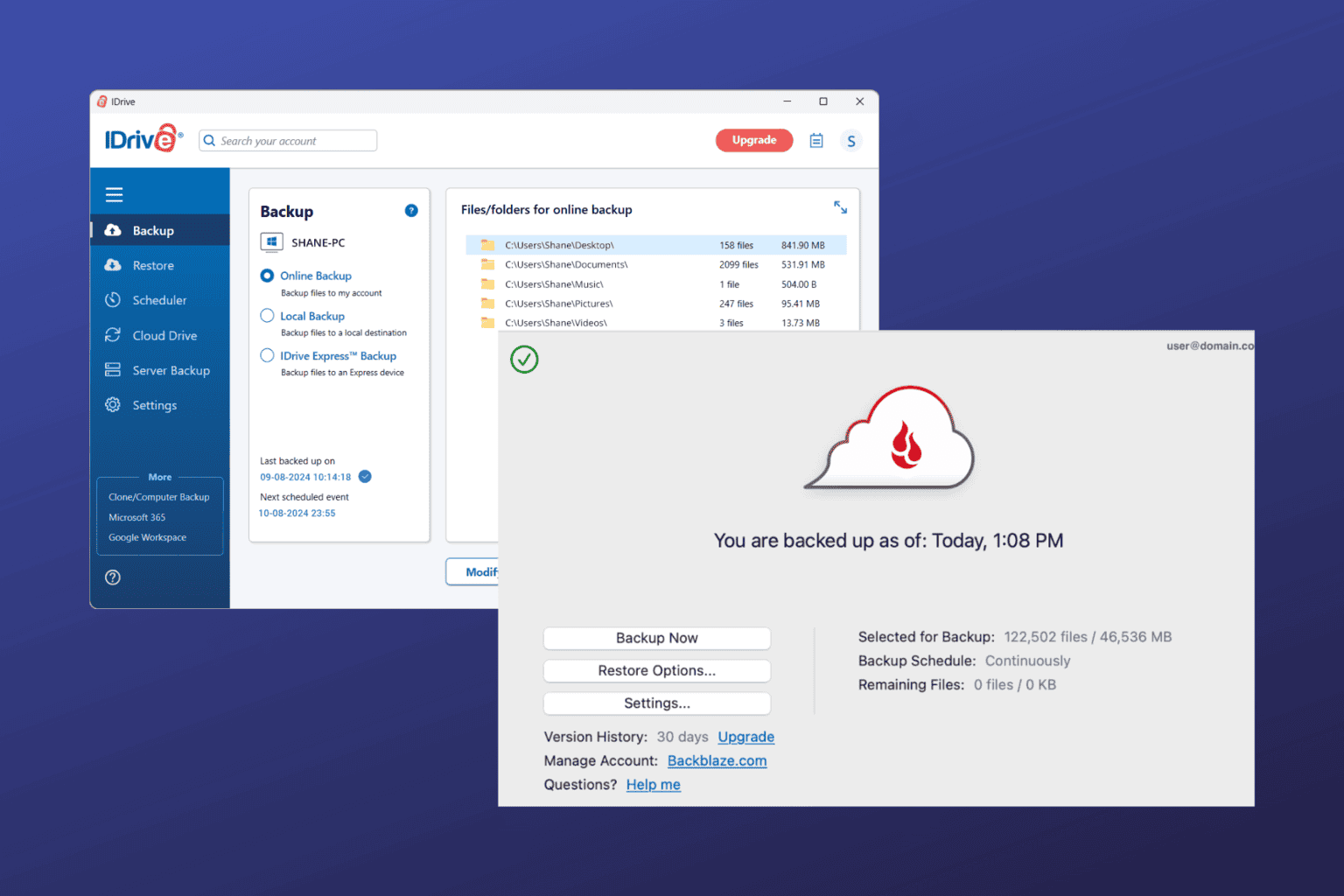

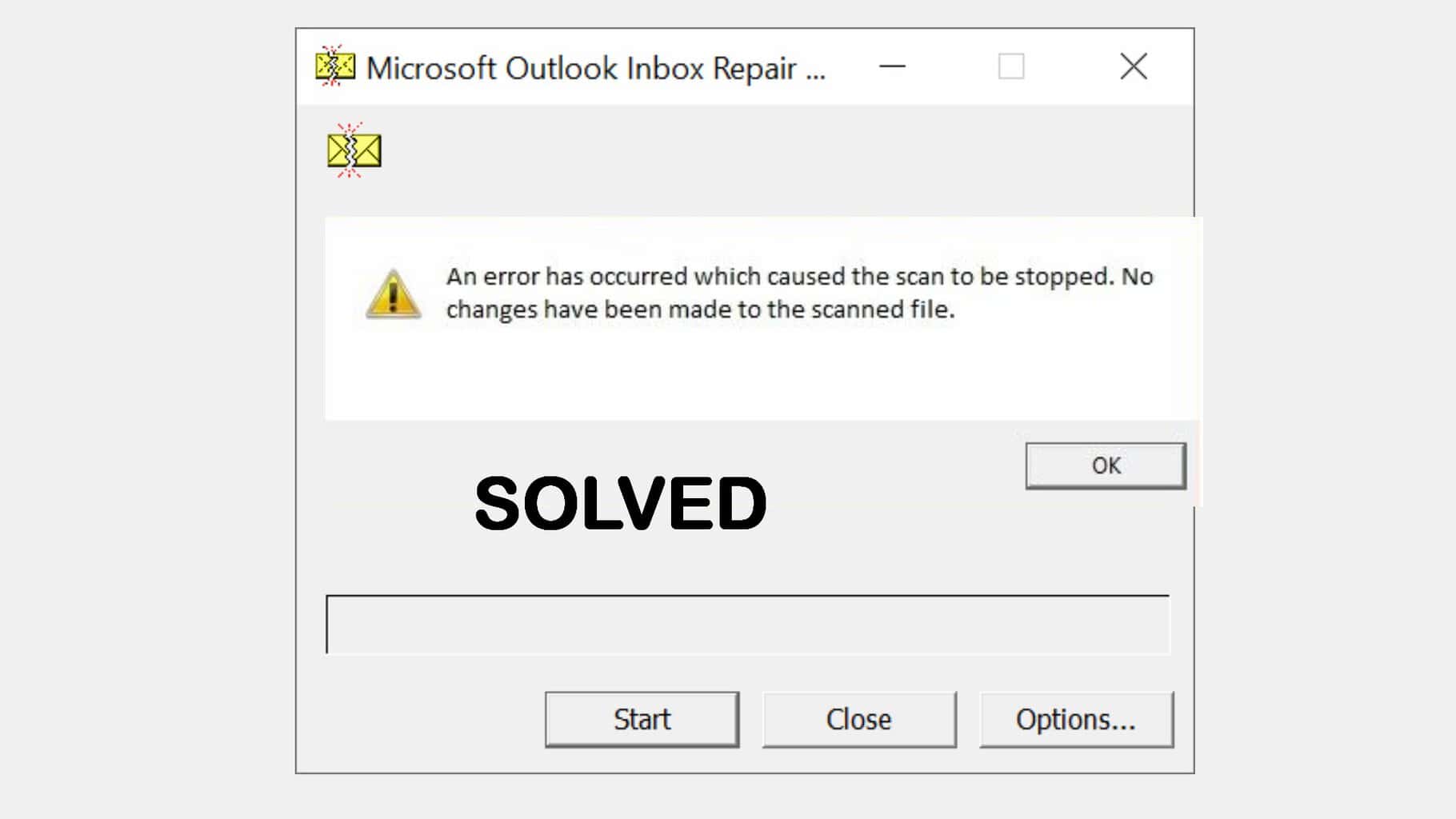


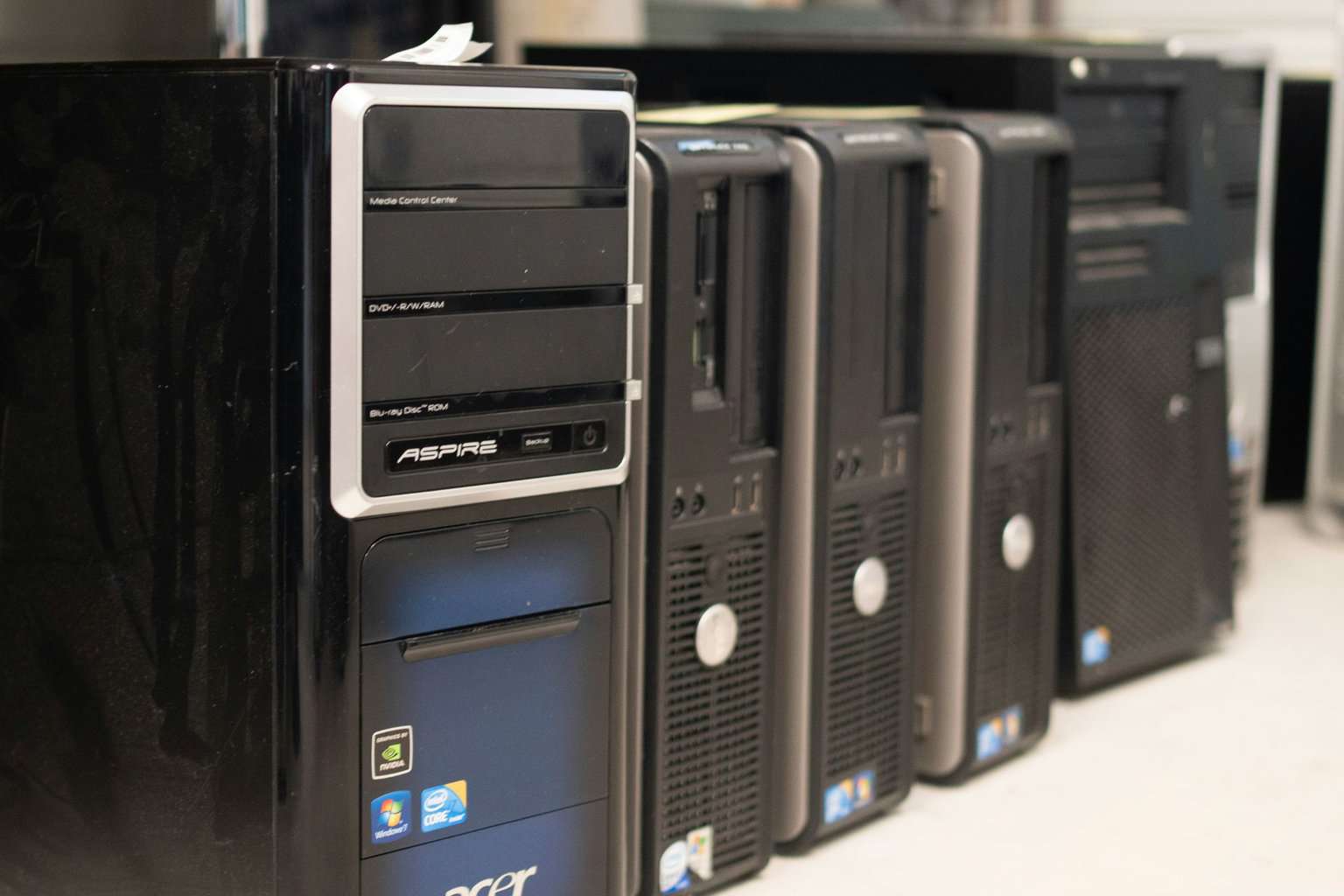

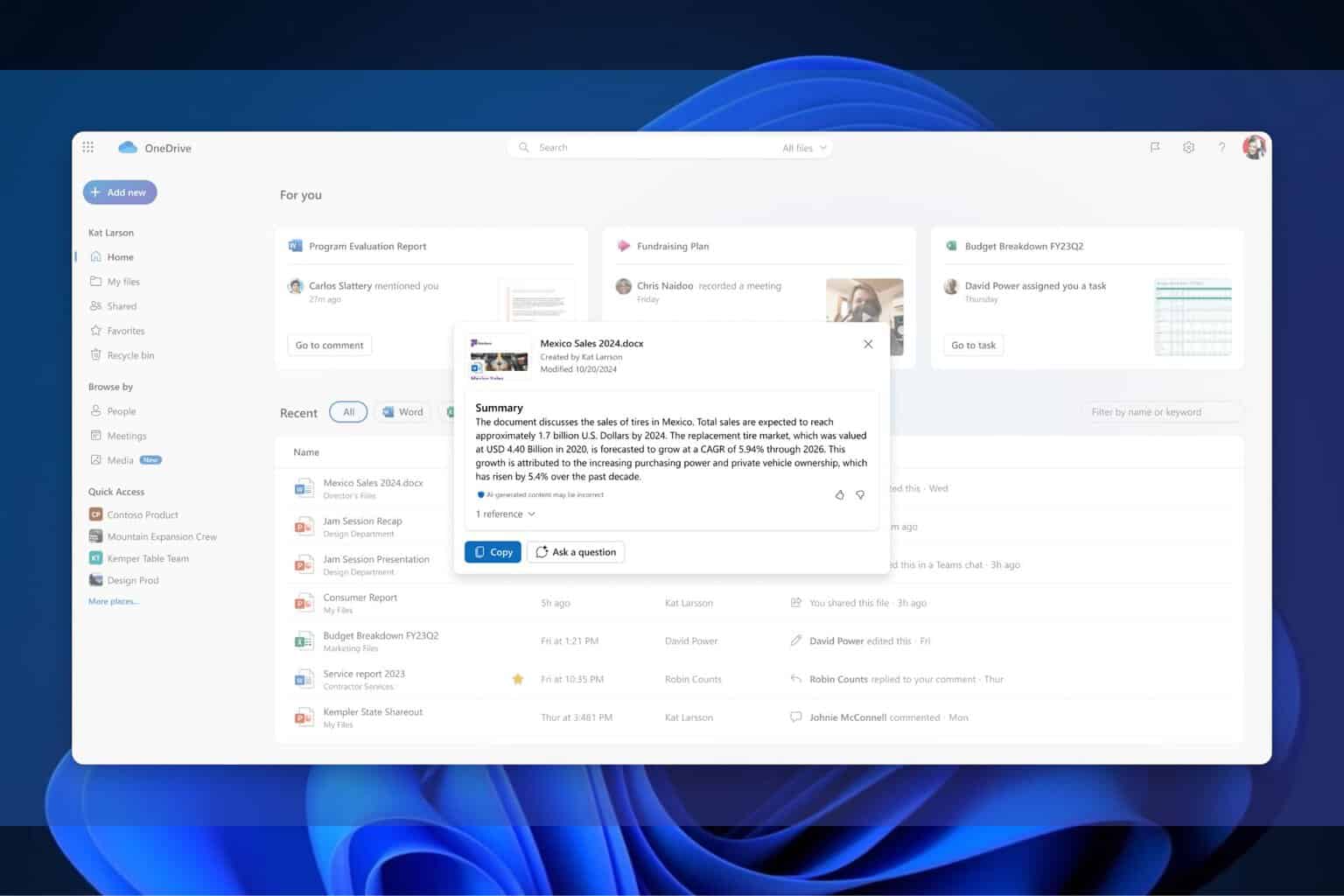
User forum
0 messages